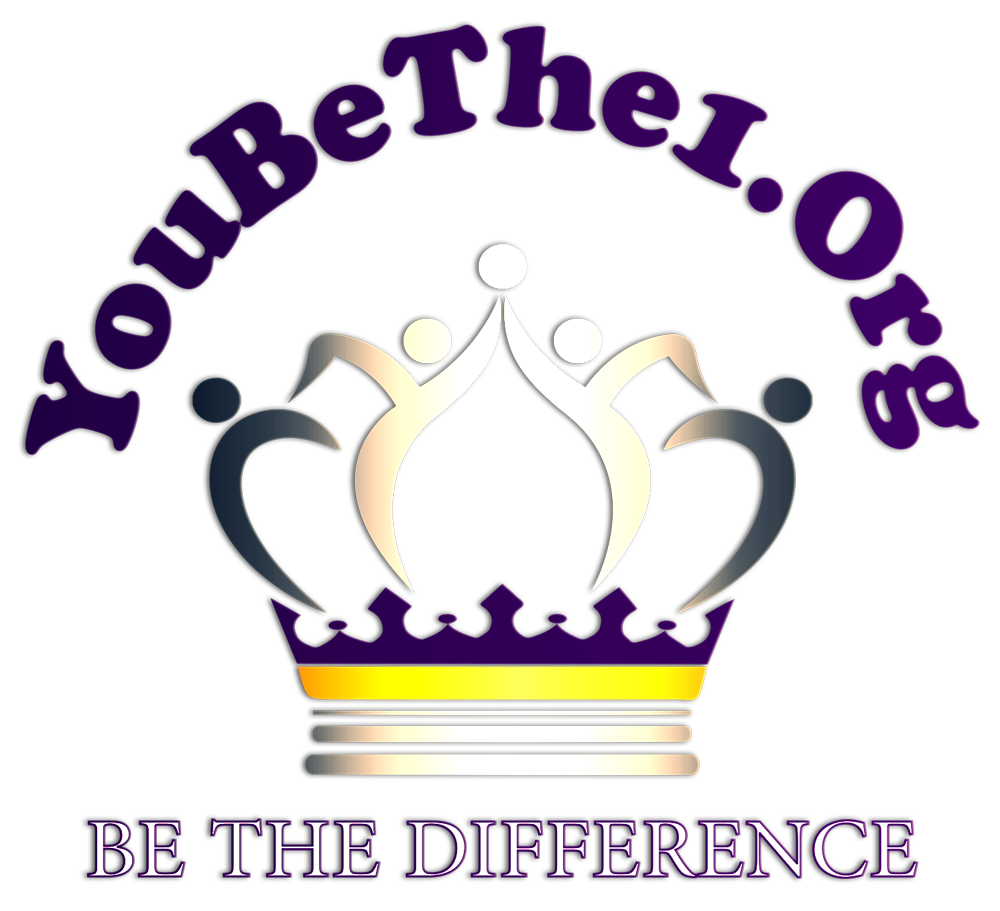Your phone rings, and it is 2:00 a.m. You do not recognize the telephone number, so you are hesitant to answer, but you go against your better judgment and say hello. The voice on the other end tells you that she dialed a random number, and she wants to tell someone, anyone, she plans to take her life; the young lady does not have a reason to live anymore, and there is no family to call. What do you do? What do you say to her? How will you help this lady?
Many people would view that fictitious scenario as a person trying to seek attention, instead of a genuine cry for help. Society is too quick to point fingers, judge, and condemn others without knowing all the facts. Frequently, what people see as drama is trauma that keeps resurfacing in a person’s life. Just as a recording is designed to replay the same information repeatedly, childhood trauma, neglect, abuse, rape, and molestation keep playing those same events in a person’s life, and he or she does not know how to make the story stop. The trauma the person is experiencing appears to be drama but he or she is acting and reacting to the inability to cope and manage intrusive thoughts – resulting in living a life based on a story that has missing pages and misspelled words, altering the meaning of the narrative and hindering the person from achieving restoration, recovery, and hope.
The solution for the caller who wants to die by suicide can be found in Mental Health First Aid (MHFA) training. MHFA teaches you how to identify, understand and respond to signs of mental illnesses and substance use disorders in your community. The training teaches you about recovery and resiliency – the belief that individuals experiencing these challenges can and do get better and use their strengths to stay well (“Mental Health,” n.d.). One of the most significant concepts you learn from the training is assessing for risk of suicide or harm and how to provide people with the appropriate resources and professional help. So, who needs to take a Mental Health First Aid course, everybody?
Mental Health First Aid was created in 2001 by Betty Kitchener, a nurse specializing in health education, and Anthony Jorm, a mental health literacy professor. The United States is just one of the many countries that have adapted the program from Australia. (“Mental Health,” n.d.).
Being knowledgeable, compassionate, caring, and loving is much needed in our community. As a society, we are too concerned about our own affairs and not the relationships of other people. If an issue is not causing us harm or harm to our loved ones, then it is not a problem, and we should let people take care of themselves – right? Wrong! Do you believe people want to be homeless, unemployed, and hungry? Do you think people want to have a mental illness? Do you think people want to die by suicide? I believe I can answer no, and my response will mirror with most of the people in our community.
As a productive member of society, you must decide if you are going to be a part of the problem or part of the solution. If you stay out of the way and bury your head in the sand to avoid hearing and seeing those struggling with mental illnesses, death by suicide, bullying, and the other issues that plague communities all over this nation, you made a conscious choice and decided to be a part of the problem and not the solution.
Gandhi said, “You must be the change you want to see in the world.” Now is not the time to become timid; now is not the time to hide, now is not the time to sit down, but it is your time to Stand Up. People need you to be the difference in their life. We must be able to relay curated information to people who have a mental illness, suicidal ideations, and suicide attempts – and being compassionate to those who lost loved ones who died by suicide. The suicide rate keeps climbing because people do not know what to do, where to go, or told that it is okay not to be okay.
In closing, I challenge my readers to believe in others, love people unconditionally, and add value to the lives of people you encounter daily. Something as simple as a smile or hello just validated a young lady who thought she was invisible to the world.
Today is a call to action, and I ask that you decide who you are going to be. You
To join the YouBeThe1.Org Movement, contact Kevin Johnson at Email: youbethe1.org@gmail.com, Facebook: YouBeThe1.Org, and Twitter: @youbethe1.
